What size system do I need?
This is based on three factors; your budget, your available roof space, and your average power consumption. We will work with you to come up with the ideal system for your property.
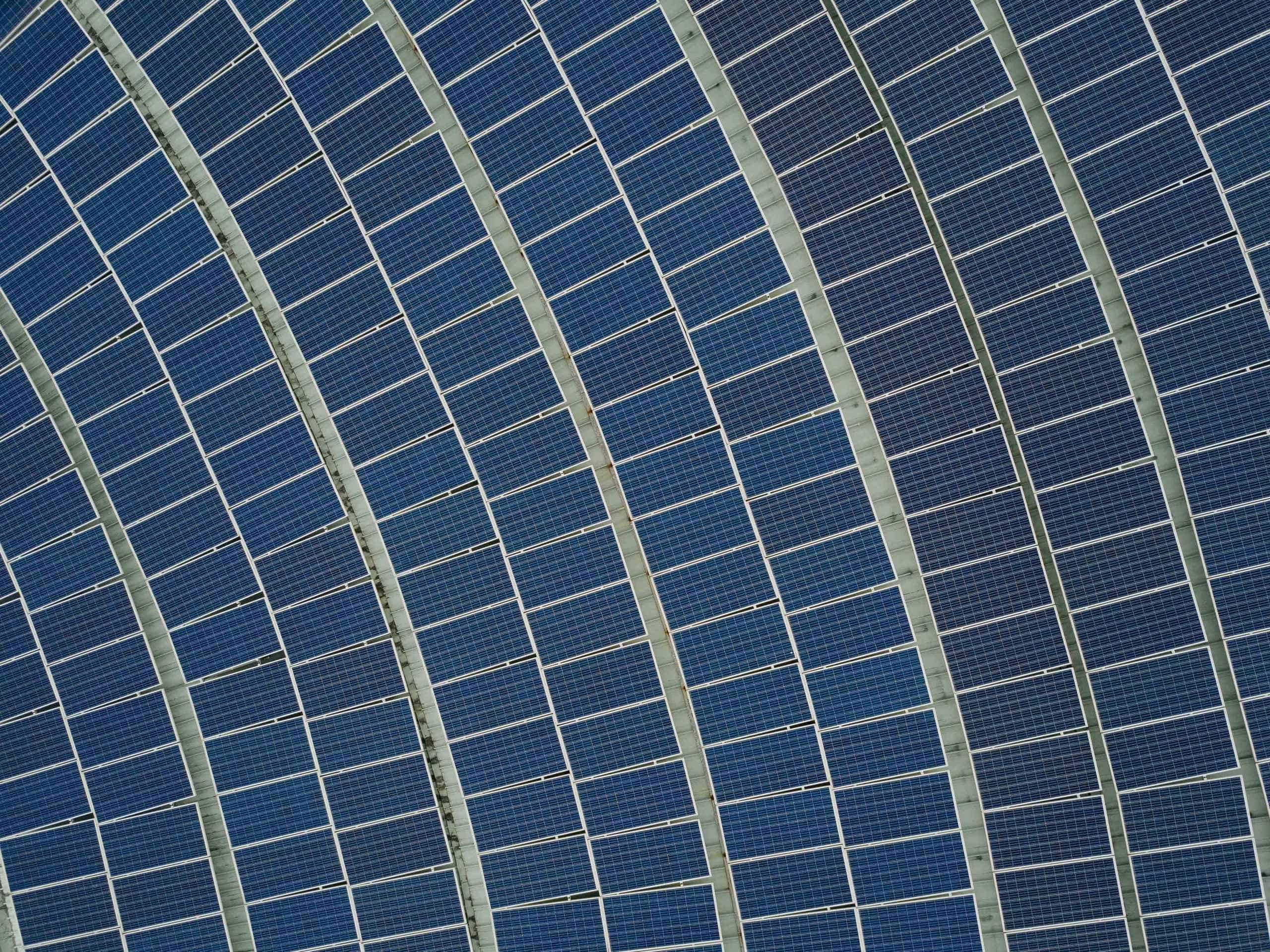
This is based on three factors; your budget, your available roof space, and your average power consumption. We will work with you to come up with the ideal system for your property.
It is possible to power your entire house, even at night. This will ultimately depend on the number of solar panels, and the capacity of your batteries. If you have a smaller solar system due to budget or roof-size constraints, we work with you to choose what items such as lights and power sockets are connected to the system.
With electric vehicles (EVs) becoming increasingly commonplace, there will be a large burden on existing electrical systems. With a solar system installed, you can charge your car in the daytime free of cost. Some cars optionally use their batteries to power your house in the case of a power outage.
Yes and no. If your residence is directly connected to the grid, and your system is maximum 10kW, you can apply to sell excess power at a current rate of 1.68 baht per kWh (versus the current 4.7 baht per kWh rate that you pay). This option really only applies to “grid-tie” systems. If you have a hybrid system, there is not much excess energy worth selling because you also charge batteries for night-time use. If you live inside of a housing development, you may not have the opportunity to sell your excess power, depending on management policies and infrastructure.
Solar panels require very little maintenance and are extremely durable. Panels should be cleaned twice per year, and an overall systems check yearly. There is very little that can go wrong with a solar system, and warranty periods are very long (see below). In addition, if there is a problem, the system will send an email alert automatically.
Solar systems are very long-lasting. The average PV panel will generate power for 25-35 years with minimal degradation. Batteries, which used to not last very long are now warranted for ten years. After that, they will last longer but will begin to degrade.
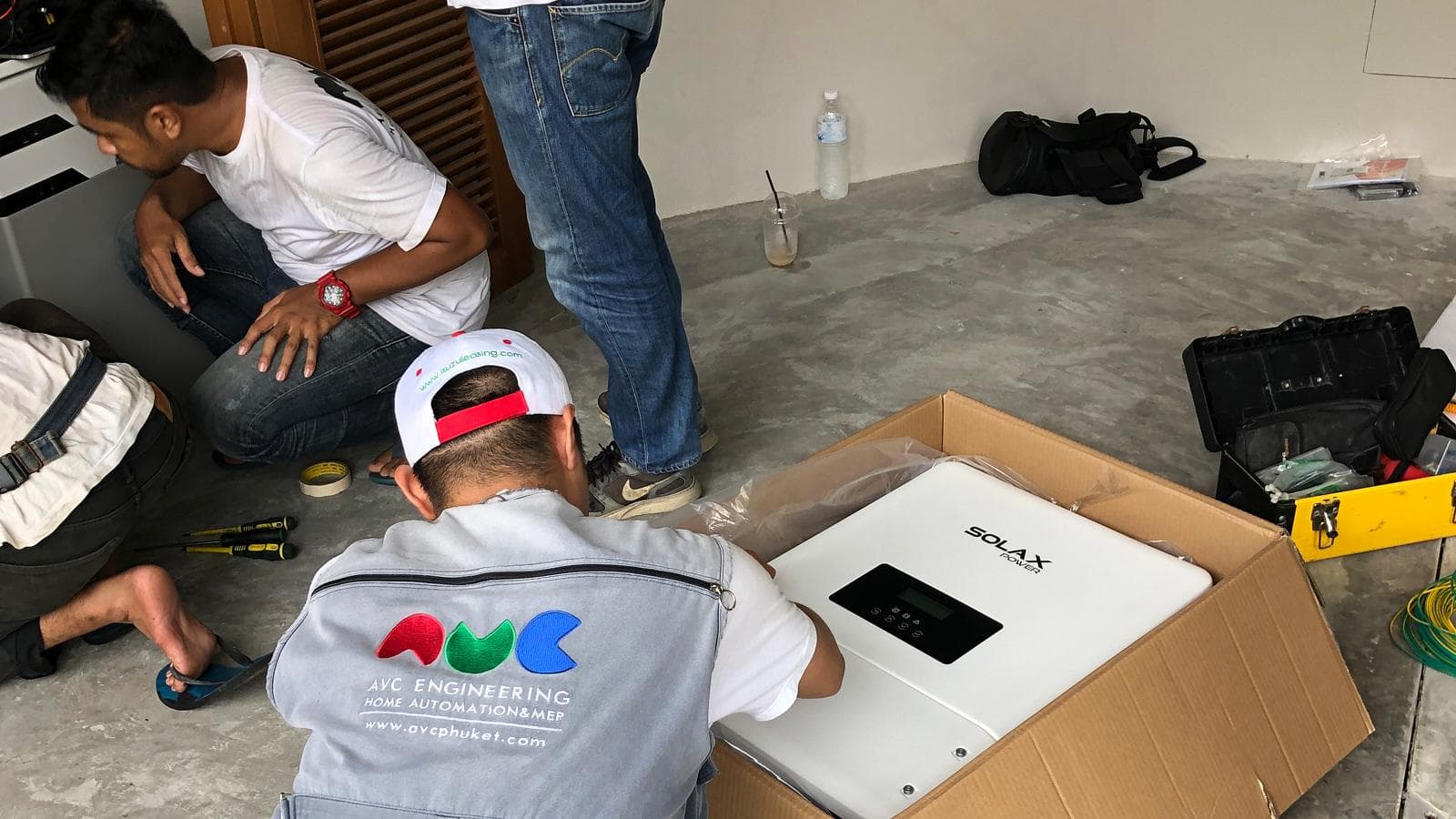
The only real disadvantages are up-front cost, and depending on your roof, aesthetics. Please see more info on ROI below.
An average size system, on an average roof, can be installed in one day with proper planning. Larger installations and/or difficult ones will take proportionally longer, we can give you an accurate estimate as part of our consultation.
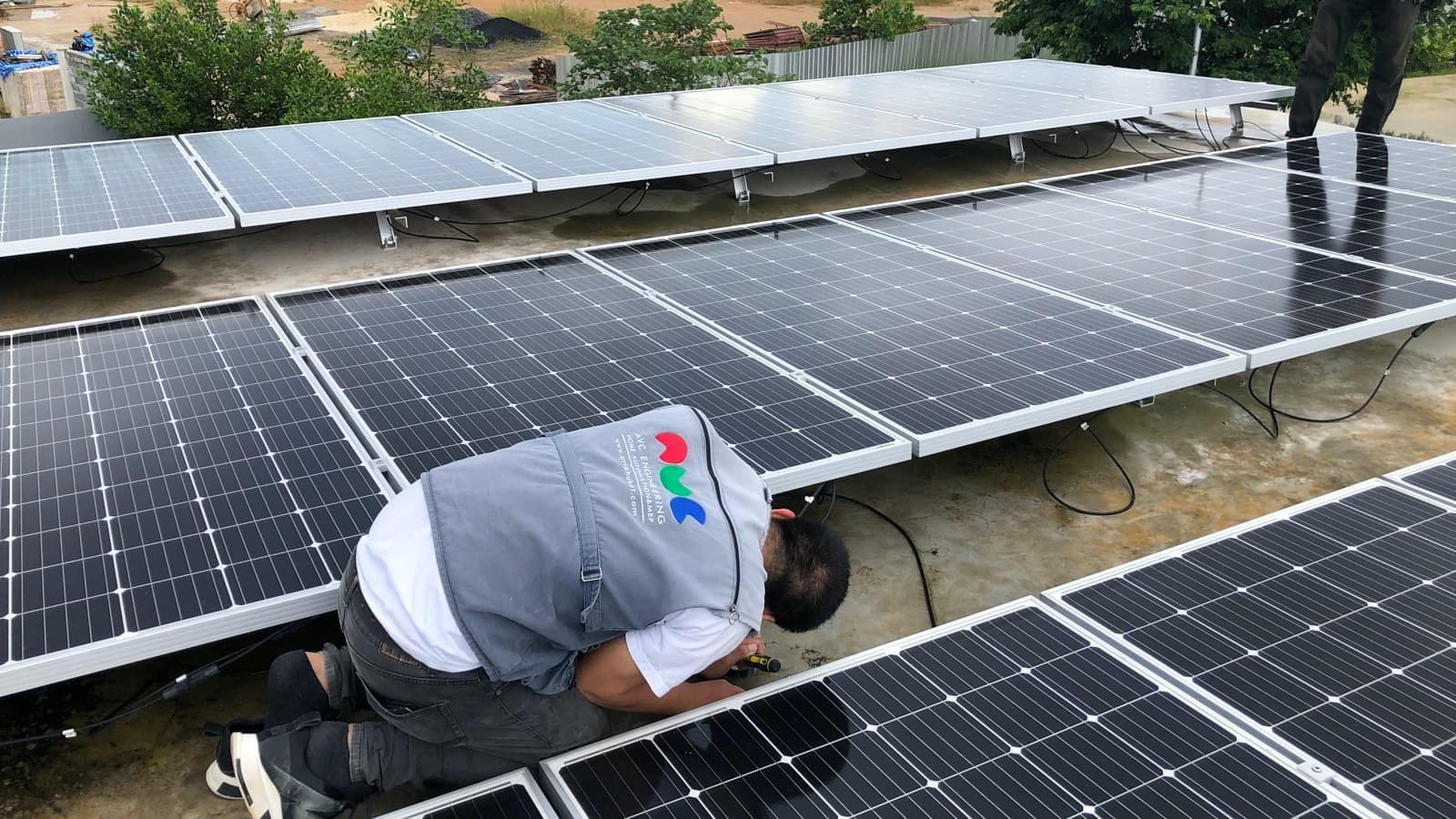
AVC Engineering has been based on Phuket since 2002. We have a good track record of completed projects, prompt service and reliability. In addition, with our solar partners, we have over 30 years of combined experience to offer you the best products and service.
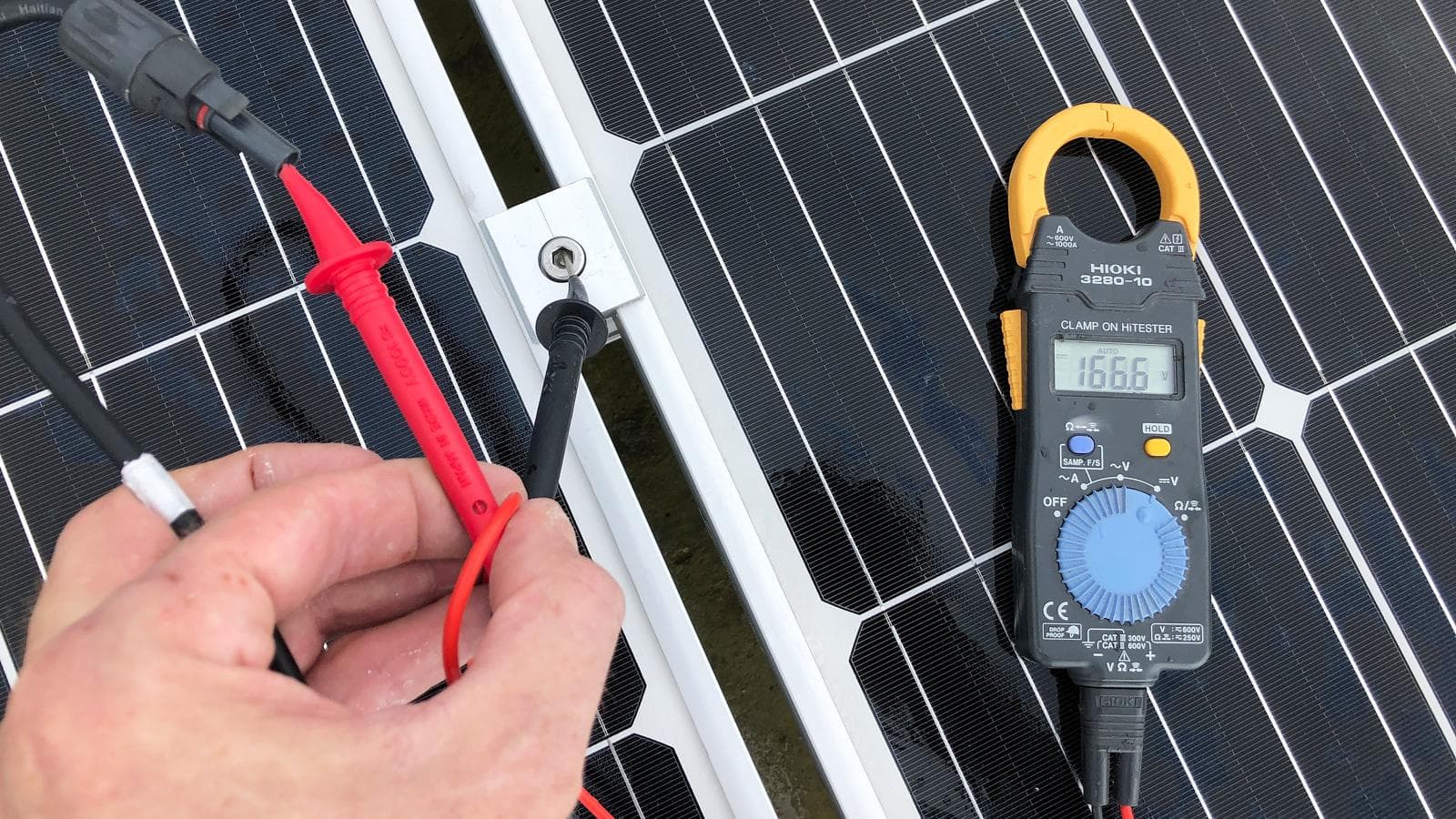
The ideal roof is large, flat, and free of obstructions like trees, mountains and neighboring buildings that may create shade. If you have a pitched roof, the lesser the angle the better, and it ideally faces south or south-west.
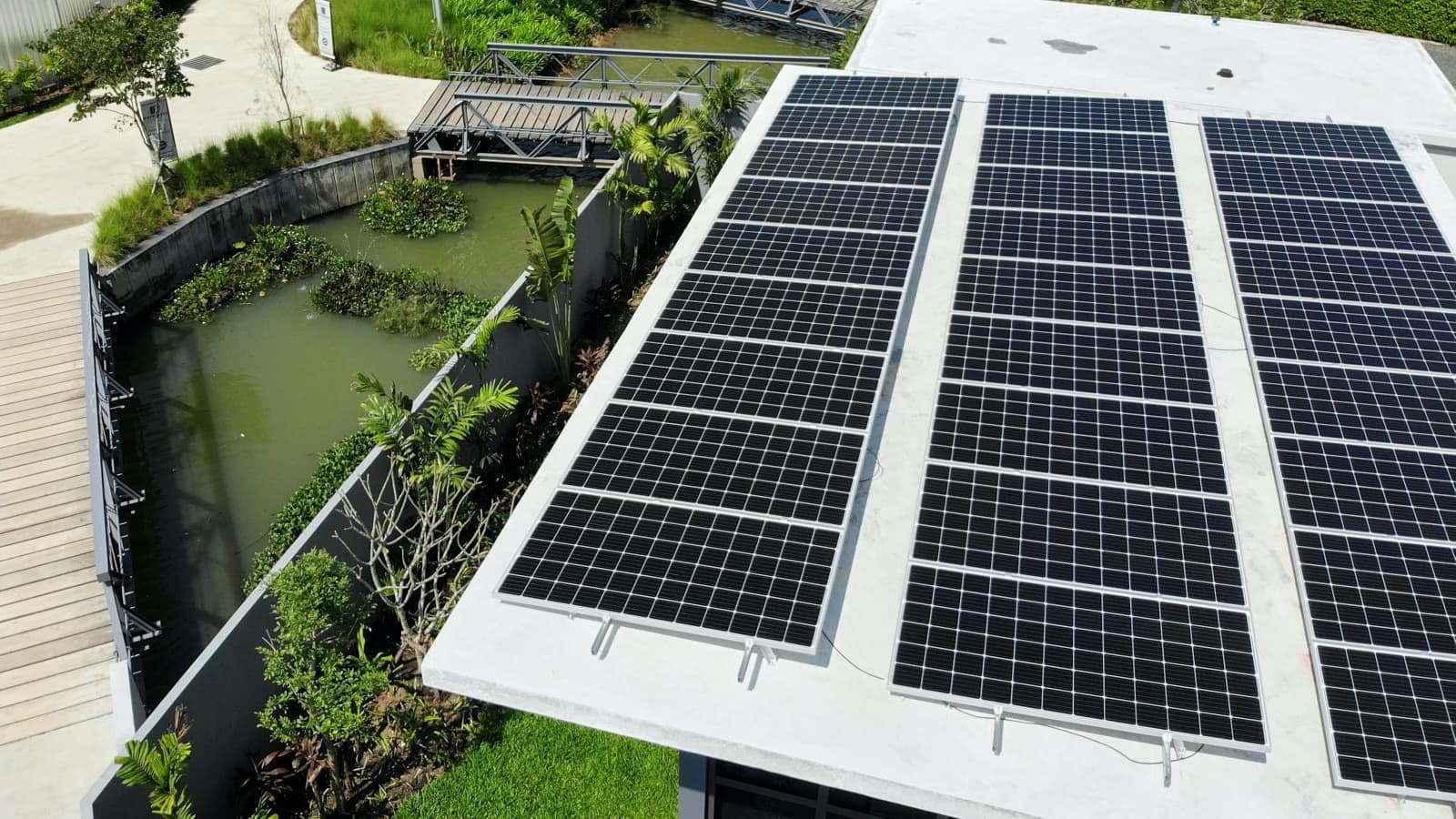
There are solar hot water heaters on the market, but it’s not the most efficient or practical way to go, especially if you are using solar electric panels. It would be better to invest in a highly efficient “Heat Pump” water heater, and have maximum roof space for solar panels instead.
Currently, no. Unlike other countries that offer tax incentives, subsidies, rebates, and a fair price for excess power back to the grid, Thailand does not currently offer any of this. They are however considering it, to grow the local solar power market and also to lessen the burden on power plants and peak-demand usage.
Not in Phuket, but live in Montana - then we recommend Big Sky Solar Montana
Want to know more? Contact us for a free consultation